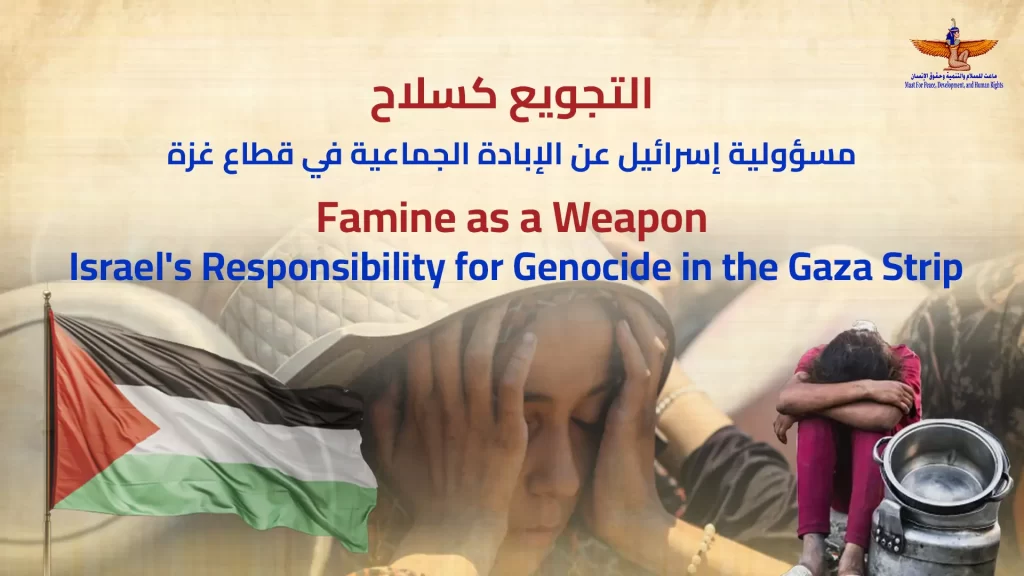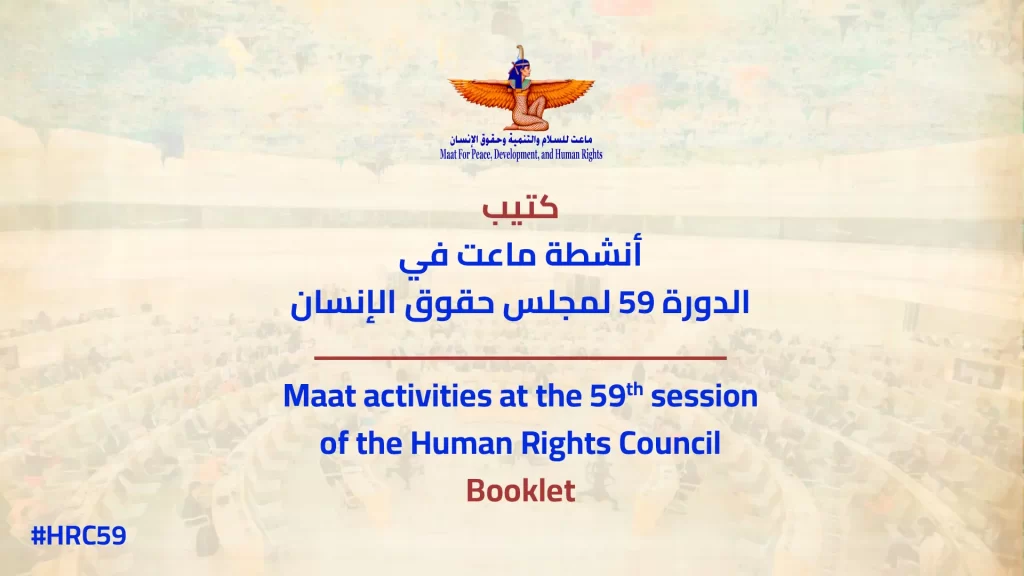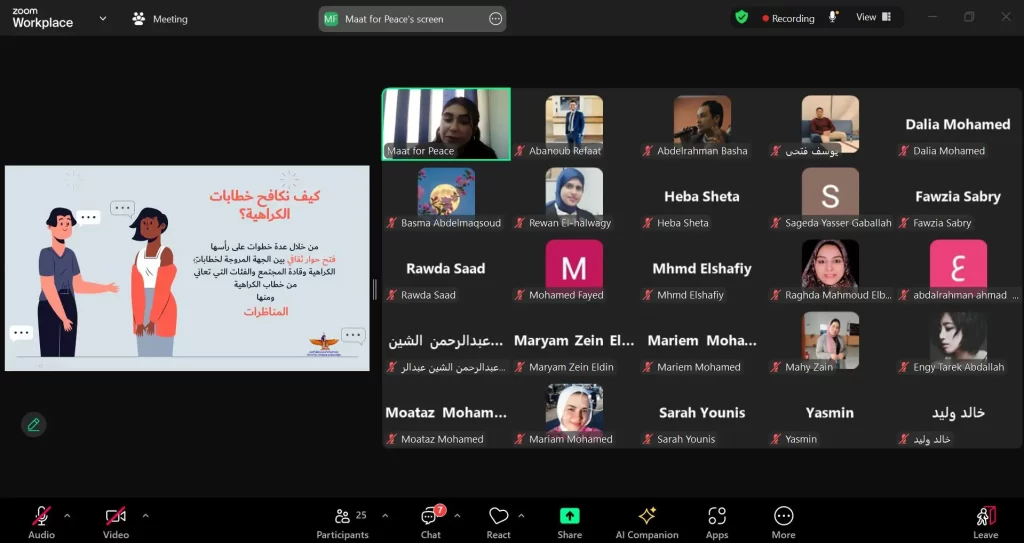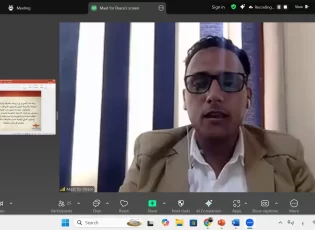Introduction:
Incitement to hate speech in Egypt is a crime punishable by law according to Article 53 of the Constitution, and Egypt has worked in the past years to curb these speeches, especially those that spread after the departure of former President Mohamed Morsi from power and in which the Muslim Brotherhood was used, which is classified as terrorist. In Egypt, and its adoption of religion as an excuse to inspire the concerns of other members of society, and despite the existence of legal texts that punish the act of incitement to hatred and misuse of social media, there is not even the issuance of this report a comprehensive law to combat hate speech, whether in the media or through social media platforms. There was only one attempt made by Al-Azhar Foundation in June 2017 to submit a proposal for a draft law to combat hate speech and violence in the name of religion, but the draft law was still stagnant, and the constitution, despite its explicit provision in Article 53 to establish an independent anti-discrimination commission, did not come to light. .
Egypt had faced the growth of these hate speeches in parallel with its spread at the international and regional levels, especially with the entry of Egypt into the era of the communications and information revolution, especially the Web 2.0 generation technologies, “the social web,” and accordingly, practices emerged in which certain groups started using religious slogans in a false way to justify their sinful speeches. And they did it voluntarily at times and with the organization of politicized entities at other times to incite hatred and inflame feelings of violence between the different religious components of Egyptian society.
This calls for the Egyptian state to pay attention to such phenomena, although their existence is limited, but it calls for monitoring, control and analysis, with the need for a comprehensive legal framework that regulates the penalties imposed on these speeches and differentiates between their different forms and includes a clear definition of these speeches consistent with what was stated in the United Nations strategy to combat Hate speech launched in 2019.
Which considered these discourses as “any type of communication in speech, writing, or behavior that attacks or uses derogatory or discriminatory language toward a person or group on the basis of their identity, religion, race, nationality, religion, color, gender, ancestry, or factor Another identity.
Accordingly, the Maat Foundation for Peace, Development and Human Rights decided, within the framework of its project “Peacebuilders in Egypt: Combating Hate Speech in the Name of Religion,” which it implements in cooperation with the King Abdullah bin Abdulaziz International Center for Interreligious and Intercultural Dialogue (KAICED), to work on this first report, which includes The legal framework for combating hate speech in Egypt, the paths of hate speech in the name of religion in Egypt, the mechanisms for countering such speech, and finally the good practices in the context of combating hate speech, whether at the level of the international community or within the framework of the work of civil society organizations.

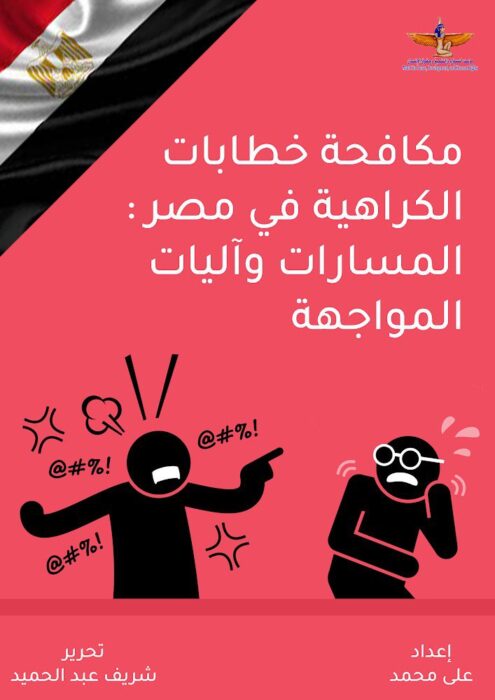 |
shortlink: https://maatpeace.org/en/?p=34140



